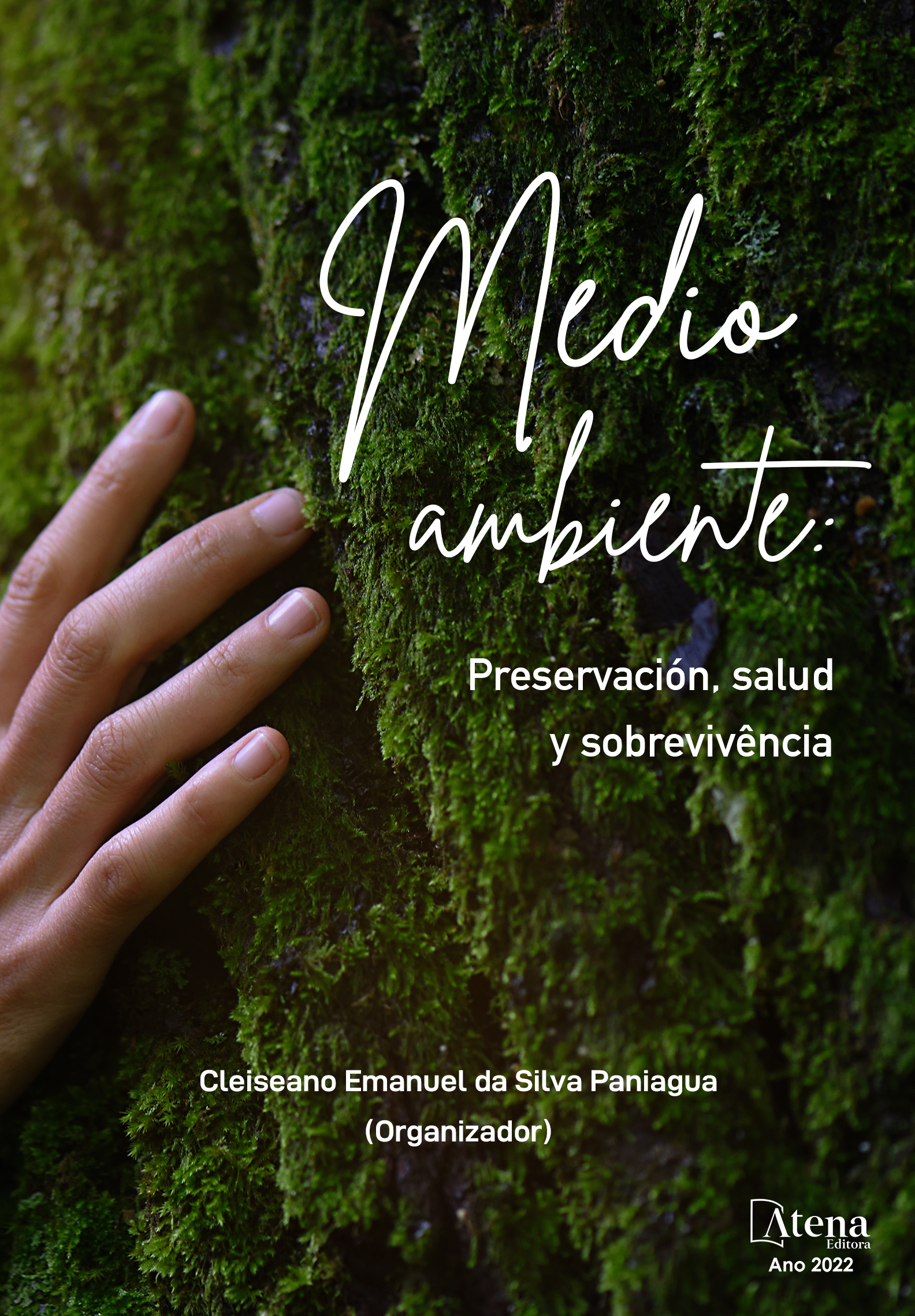
EFECTO DE LA DESHIDRATACIÓN OSMÓTICA COMO PRETRATAMIENTO EN EL SECADO POR ESTUFA EN RODAJAS DE PLÁTANO DOMINICO (Musa paradisiaca)
La investigación tuvo por objetivo evaluar las características fisicoquímica, microbiológica y organoléptica, de rodajas de plátano “Musa paradisiaca” de variedad dominico a 0,3 mm y 0,5 mm de espesor sometidas a deshidratación osmótica a una solución hipertónica de 25% NaCl y 35% C12H22O11, con 31,6 °Brix a temperatura estándar de 85 °C por 4 horas. Las medias de los tratamientos fueron comparadas con la prueba de Tukey con un nivel de significancia del 95%. Los resultados de acidez fueron de 0,54% ± 0,00 para los tratamientos A1B1 y A1B2; 0,43% ± 0,01 para A2B1; 0,44% ± 0,01 para A2B2. En humedad de 9,46%±1,63 para A1B1; 11,10%±1.63 en A1B2; 16,08% ± 2,86 en A2B1 y de 18,95% ± 2,86 en A2B2, destacando el mejor de los resultados para A1B1 en acidez y humedad. Para lo que respecta a mohos y levaduras UFC/g con <1x10 en A1B2 y A2B2 valores que están dentro de lo que establece la norma INEN, la evaluación sensorial fue realizada con escala hedónica, y sus grados de preferencia 4 a 1 en donde A1B1 fue la más preferida calificada con 3,75 a partir de lo mencionado sabor y textura con 12,8; 10,6 seguido de A1B2 con 7,6 y 5,5. El valor-P calculado es menor que (<0,05), por tanto, se rechaza la hipótesis nula (Ho) ya que estos factores tienen un efecto estadísticamente significativo sobre la acidez y humedad de las muestras por tanto se menciona que existe diferencia estadística entre tratamiento (ósmosis+estufa) y (estufa) con un 95,0% de confianza y un coeficiente de varianza de 2,19% y 2,84% respectivamente. Finalmente, el pretratamiento ósmosis si afecta de manera considerable el secado estufa.
EFECTO DE LA DESHIDRATACIÓN OSMÓTICA COMO PRETRATAMIENTO EN EL SECADO POR ESTUFA EN RODAJAS DE PLÁTANO DOMINICO (Musa paradisiaca)
-
DOI: 10.22533/at.ed.0562227054
-
Palavras-chave: Ósmosis, plátano dominico, deshidratación, estufa, secado
-
Keywords: Ósmosis, Dominicanlap, dehydration, stove, drying.
-
Abstract:
The research aimed to evaluate the physicochemical, microbiological, and organoleptic characteristics of banana slices "Musa paradisiaca" of Dominican variety at 0.3 mm and 0.5 mm thickness subjected to osmotic dehydration to a hypertonic solution of 25% NaCl and 35% C12H22O11, with 31.6 °Brix at standard temperature of 85 °C for 4 hours. The means of the treatments were compared with the Tukey test with a significance level of 95%. The acidity results were 0.54% ± 0.00 for A1B1 and A1B2 treatments; 0.43% ± 0.01 for A2B1; 0.44% ± 0.01 for A2B2. At humidity of 9.46%±1.63 for A1B1; 11.10%±1.63 in A1B2; 16.08% ± 2.86 in A2B1 and 18.95% ± 2.86 in A2B2, highlighting the best results for A1B1 in acidity and humidity. With regard to molds and yeasts UFC /g with <1x10 in A1B2 and A2B2 values that are within what is established by the INEN standard, the sensory evaluation was carried out with hedonic scale, and its degrees of preference 4 to 1 where A1B1 was the most preferred rated with 3, 75 from the flavor and texture with 12.8; 10.6 followed by A1B2 with 7.6 and 5.5. The calculated P-value is less than (<0.05), therefore, the null hypothesis (Ho) is rejected since these factors have a statistically significant effect on the acidity and humidity of the samples therefore it is mentioned that there is a statistical difference between treatment (osmosis + stove) and (stove) with 95.0% confidence and a coefficient of variance of 2.19% and 2.84% respectively. Finally, osmosis pretreatment does significantly affect the drying stove.
-
Número de páginas: 13
- Emily Julissa Mendoza Cedeño
- Cesar Fabian López Zambrano
- Celio Danilo Bravo Moreira
- Xavier Enrique Anchundia Muentes
- Pedro Isaac López Zambrano
- ITALO PEDRO BELLO MOREIRA


